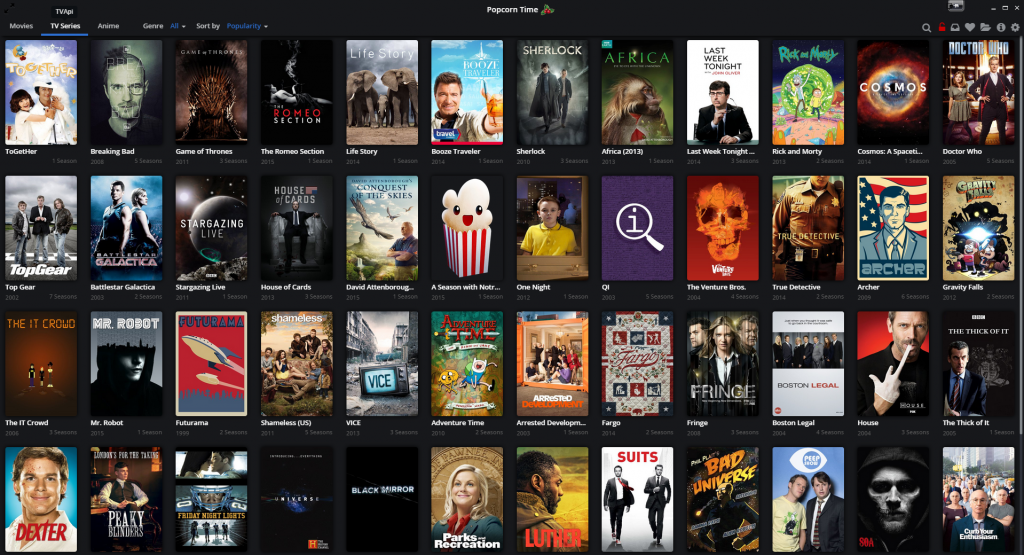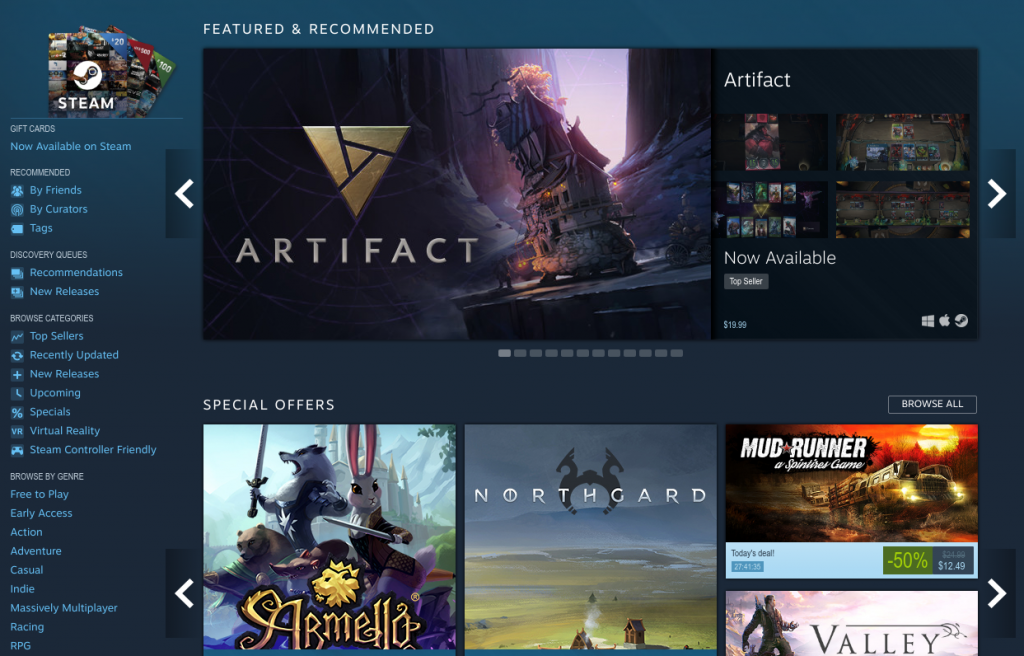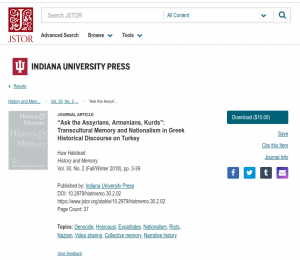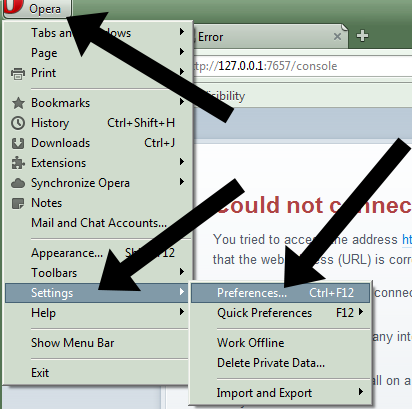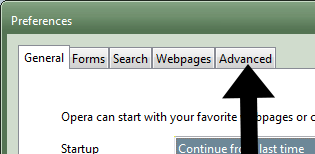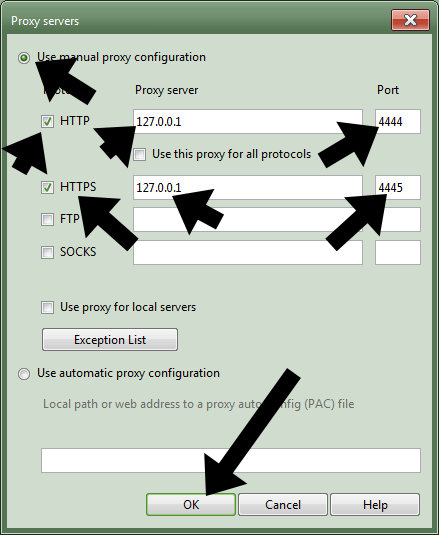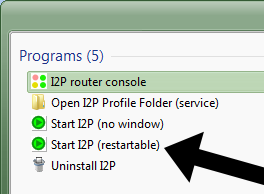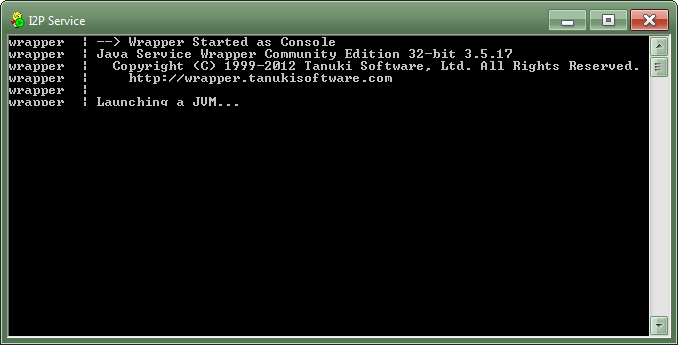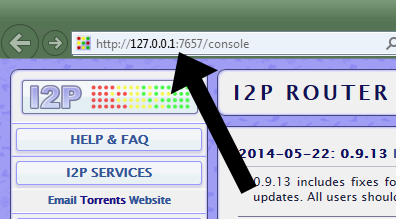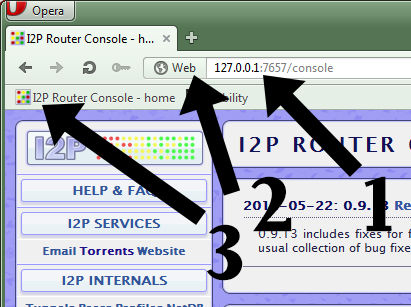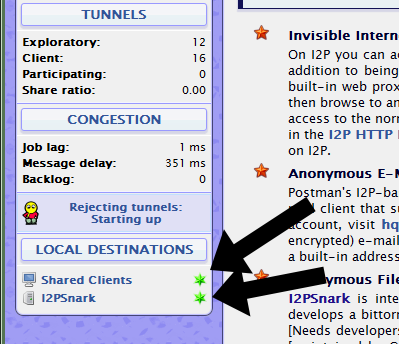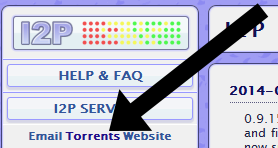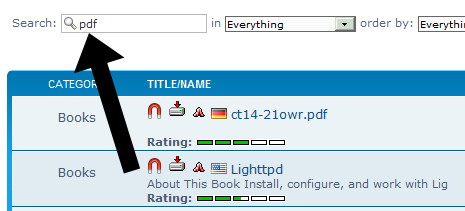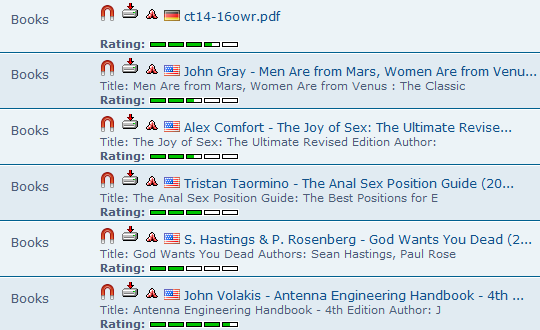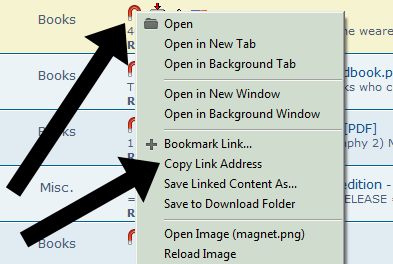
Disclaimer: This is an academic essay on the ethics of digital piracy. It is not a call for breaking the law by pirating. Some jurisdictions punish piracy severely, therefore the risk is entirely your own if you choose to break the law by pirating content.
For my proposal for a digital library that makes piracy unnecessary please see my essay The Universal Digital Library.
It is very strange that in these enlightened days there isn’t a single major philosophical voice to be heard that can talk intelligently about digital piracy. Publishers of software, films, songs, ebooks and scientific papers like to maintain that piracy is theft. The famous “You wouldn’t steal a car” ad is a typical example of publishers wanting to pressure digital pirates into ceasing piracy by likening piracy to the theft of cars and handbags. As I will explain, the amount of hubris and solipsism in the creators of such ads is breathtaking; the only reason piracy is rampant is because publishers are refusing to sell their digital products the way ordinary goods are sold. Since they can make more money by pretending that digital goods cannot be sold but only hired, they prevent functional digital libraries from existing, and this creates a very strong need for piracy as the only way such a library can be created.
Publishers are dead set on preventing the needy from pooling their resources to acquire the digital goods they need. The pretense that digital goods are only for hire enables publishers to legally create a new type of oppressive and dystopian market dynamic where all the power belongs to the publishers and none to the consumers. Piracy is a natural and moral human reaction to this illicit power grab.
Copyright: the two aspects
In the digital world, “copyright” is the “right” of creators to two things:
- To not have their works used commercially without their permission.
- To not have their works lent freely and added to a worldwide library that anyone can access freely.
The first right is a moral right. Imagine if a person writes a great book and publishes 1000 copies of it, only for a big corporation to come and reprint millions of copies of it for its own profit. A person has some sort of moral right to dictate how their works are used in commercial settings. A photographer should get paid if their photo is used on someone’s book cover. The same applies to using someone’s music track in a film. In these cases, piracy is clearly “stealing” and people recognize it as such intuitively. YouTube channels that copy content from other channels without permission are incessantly charged with stealing by other YouTube users, showing that one does not need special powers to recognize the essential injustice in the commercial use of other people’s digital work without their permission.
Before the advent of printing, copying books by hand was accepted as a normal and moral practice. The only cases I can think of where writers objected to copying is where they had privately shared a book that they did not want to spread, as in Sir Isaac Newton’s private work The Chronology of Ancient Kingdoms. This was a short book that he had written for the private use of Princess Caroline, later the Queen of England. It was pirated by the Parisian publisher Guillaume Cavalier and printed without his permission in 1725. In this case, two moral rights of Newton were violated: his right to privacy and his right for his work not to be used commercially without his permission.
I support the right of writers and other creators to have their privacy respected. However, once a book is released to the public, then the right to privacy is no longer applicable.
Once printing became easy, the problem arose of publishers “stealing” people’s writings and publishing them for profit, for this reason there was a need for copyright. The sense of “stealing” applies now when it did not apply in the past. Future revenues can now be expected from books, something that only became possible through printing. Books have become trade items, and without respecting the exclusive commercial rights of the writer, those future revenues will be lost to them. Therefore common decency, and thus morality, requires that we do not profit by other people’s intellectual works until they have become part of the public domain, for example until 20 years have passed since the publication of the work.
The second aspect
It is the second “right” that concerns us here. What moral right does a writer have to force me not to lend a book to my friends and family?
And if they accept that lending to friends and family is fine, what right do they have to prevent me from placing the book in a library so that the whole town may benefit from it?
They may concede that that is fine too, as long as the book is a legitimate copy that has been paid for. When it comes to digital books, or ebooks, writers want to import the reality of physical products into the digital world by introducing artificial limitations on how libraries can function. They want the digital library to function like a physical library so that only one person at a time can access an ebook if the library has only paid for one copy of the ebook. If the digital library wants ten people to be able to read the same ebook simultaneously, it will have to buy ten copies.
That is actually a great idea, despite its absurdity… if only publishers were decent enough to allow it. But they do not. They pretend digital goods cannot be bought, only hired. And that means they get to force all libraries to abide by the terms they dictate. Today a digital library cannot just buy an ebook and lend it out to those who want it. No, the publishers want to have their greedy hands on the entire lending process because they can–extracting every penny from it that they can.
The selling of digital goods similar to physical goods would have enabled the creation of a universal Internet library that all of humanity could benefit from. Henceforth I will refer to it as the Universal Library. It would have been something like the Steam platform that is currently used for video games, but it would have had all possible digital goods, and it would have only allowed one person at a time to use each copy of a product. A popular book that was demanded by 100 people simultaneously would have required that the library purchase 100 copies of it. Users would pay a monthly subscription fee that would go toward the maintenance of the library and the purchase of products.
A Universal Library would prevent any bestseller from selling more than a few hundred thousand copies, because that would be the maximum number of people throughout the world who would be interested in reading the book simultaneously during the book’s most popular phase. The library can buy a few hundred thousand copies and from there on sales would drop close to zero because anyone can access the book through the library.
Does a writer have a moral right to prevent their book from being placed in a Universal Library?
They do not. And that is why piracy is ethical when it is done by someone who cannot easily afford to buy the product (or who can only buy a highly dysfunctional version of it while the pirated version is far more useful, as in the case of viewing a book through Kindle’s cloud reader–which makes it impossible to copy and paste text–compared to viewing the same book after downloading it from a pirate site). Pirates are merely borrowing books from the “library” that publishers do not want created.
Today, in the world of piracy, we have three kinds of people:
- Immoral publishers who abuse the law to prevent us from creating decent digital libraries.
- Moral pirates who believe in supporting creators and do so when possible, but who use the morally-justified black market Universal Library created by the piracy scene. It is morally good for those who cannot afford a digital product to benefit from it, since it costs its creators nothing. It is morally evil for publishers to deprive such people of their products. The piracy scene helps achieve a moral good and prevent a moral evil.
- There are also immoral pirates who can afford to buy a product easily but refuse to do so out of stinginess.
A decent human would want what is morally best for everyone involved. They should make money, but they will be happy to make less if it means a proper digital library can be created that can benefit humanity greatly. The people who need such a library are those who cannot buy the product anyway, and a decent human would be happy to share their digital products for free with those who cannot afford them (since digital products cost the creators nothing to replicate).
My thinking of online piracy therefore starts from this radical thought experiment:
What if publishers were decent humans?
The duty of sharing
A publisher will say that they want to sell (or rather lend out) their digital product according to the terms they dictate. You can take their product or leave it. If you want their product, you have to abide by their terms. This mentality uses legal constructs to work toward indecent, greedy and immoral aims. For this reason even though their thinking is legally valid, it is morally invalid. A publisher has no moral right to deprive the needy of goods that can be given away at zero cost. No one has such a moral right in this universe. They have a legal right to do these things, but if they use those legal rights, they are indecent humans.
In an ideal world of decent humans, digital products would be priced according to the paying ability of the buyer. Only those who can buy a $10 ebook without suffering economic hardship should pay for the ebook, everyone else should get it lent to them for free from a library. This is what decent humans will do, even though publishers will find it as shockingly unacceptable as Oliver Twist asking for more food.
Piracy as a market solution to publisher indecency
Digital pirates help restore the moral balance by making it possible for the needy to acquire digital products freely. The Internet piracy scene can be thought of as a black market Universal Library.
If publishers were not so greedy, there would already be a legitimate alternative to the piracy scene; the Universal Library that could lend millions of ebooks freely as the pirate Library Genesis does, a library for scientific and scholarly papers that could lend them freely as the pirate Sci-Hub does, and similar libraries for music, videos, software and video games.
That is what things would be like if publishers were decent humans. But since they are not, pirates have decided to create this library anyway since it is morally good, even if it is illegal. Pirates perform a service to humanity by making the greed and selfishness of publishers irrelevant and restoring the balance: those who can pay will pay for the products and those who cannot will get them lent to them for free from the pirate library.
The ethical pirate is a decent human being whose actions do not cause any upset for digital creators who are also decent human beings. Yes, their actions would shock and anger the typical corporate executive. But they do not deserve our consideration. If a pirate is so poor that they cannot even buy a $10 book without suffering economic hardship, then their stance is that they can pirate anything they want without paying anyone. If they are rich enough to afford the products they want, they will support the creators with their money. They may first pirate the book or software to try it out, and if they like it, they may then go on to buy a legitimate copy or find another way of supporting the creators. Rather than buying a book from a publisher, knowing that only a small portion of the book’s price goes to the author, they may donate some money to the author directly.
In all of these cases, the goal is to make the world a better place. The world is a better place when a poor person can get the digital products they need without suffering hardship. And the world is a better place when those who are rich enough to support creators do support them.
Legal reform of copyright for the digital age
Clearly there is a problem with the legal system if it tries to enforce immoral laws. As I have suggested, a moral copyright system would make piracy unnecessary. The legal reform is quite simple: Make it a law that a library can offer any digital product to one user at a time without any sort of restriction. No digital publisher or creator should have the right, in any shape or form, to restrict what a library can do with their product as long as they have acquired one legitimate copy of the product for each user.
The current state of digital lending is utterly pathetic because it is the scrooges who are in charge of the laws. From a Boston.com article:
Publishers put restrictions not just on which ebooks libraries can offer, but how they can offer them. Some publishers only allow for an ebook to be borrowed 26 times before the library has to purchase the license again. Others opt for the license to expire after a year. And still others instead charge libraries significantly more than they do consumers for ebooks.
[...]
Nobody who buys an ebook—library, consumer, or otherwise—actually owns it upon purchase. Instead, they purchase a license to access the content. The distinction might seem like a small one, but it has presented publishers with the opportunity to explore new ways of working with libraries in the digital age. And in so doing, it’s caused massive headaches for libraries as they’ve sought to broaden their ebook collections.
Once the law is changed, a Universal Library can be created (something like Steam, but for everything) that for a monthly subscription fee enables its users to enjoy all the music, videos, software, books and scholarly papers they want. When it comes to things like video games and software, they should remain installed on a user’s machine but only a limited number of people should be able to use them at the same time, so that the library is forced to buy more copies to enable more users to use them simultaneously. Ideally the subscription fee should be variable so that needy subscribers can choose to pay a much lower fee. Once the library has purchased a digital product from a publisher, they should have zero relationship with the publisher from that moment on. The fee should only go toward maintaining the library and helping it acquire more products through purchases.
Alternative models
Allowing digital products to be lent out similar to physical products, without any licensing terms involved, is the simplest and most effective model that I know of for creating a situation where decent humans do no wrong to their fellow humans. It is not the only possible model. Today a company could create a Steam alternative that offers all kinds of digital products for a subscription fee just as the Universal Library would. But due to the need to reach licensing deals with every single publisher, their platform will not entirely remove the need for piracy because a. many products will be missing from the platform due to the inability to reach deals with every publisher and b. the overhead involved in paying licensing fees and dealing with publishers will cause the system to be too costly for users. For this reason the piracy scene will still be very necessary even if such a platform existed.
Even if a platform like Amazon’s KindleUnlimited grows to the point that every publisher is forced to put its books on it in order to avoid losses, this will lead to a whole new problem: Amazon will have too much power and will use that power to profit at the expense of both its users, creators and publishers. Therefore I do not foresee a future where content licensing can ever solve the piracy problem. Greedy gatekeepers will always try to extract rent from any content licensing scheme one way or another, making piracy necessary.
Conclusion
Some people have asked me about the Islamic stance on digital piracy. The above can be considered the Islamic stance: common decency from both producers and consumers. It is true that consumers have a moral duty to pay, but that is not the only duty in this situation. Creators and publishers too have a moral duty to freely share their products with those who cannot pay for them. I cannot envision a decent human being who refuses to perform either of these duties. These two moral duties must be balanced; both sides must fulfill their duties.
Publishers should have no right to prevent a Universal Library from being created. Until such a library is created, the ethical pirate’s stance is the proper stance morally: those who are able have a duty to support the creators by paying them for their products, those who cannot pay have the moral right (but not the legal right) to enjoy digital products for free using the informal Universal Library that is today’s digital piracy scene.
Wherever possible, pirates should punish publishers for their greed by supporting creators directly. Publishers are evil when they pretend digital goods are different from physical goods by forcing people to buy a “license” to view the content rather than selling the content, as discussed by the Boston.com article quoted above. This is what is preventing proper digital libraries from being created. Publishers are actively making the world a worse place just to satisfy their own greed.
Before any progress can be made regarding piracy, publishers and creators must stop being evil. They must allow proper digital libraries to exist so that the needy can pool their resources in order to acquire legitimate copies of the products they need.
Until then, piracy will continue to force these scrooges to do the involuntary charity of sharing their products with the needy for free. Even better, piracy punishes their greed by allowing people to get their products for free while enabling them, the pirates, to restrict their support only to those creators who do deserve support.
